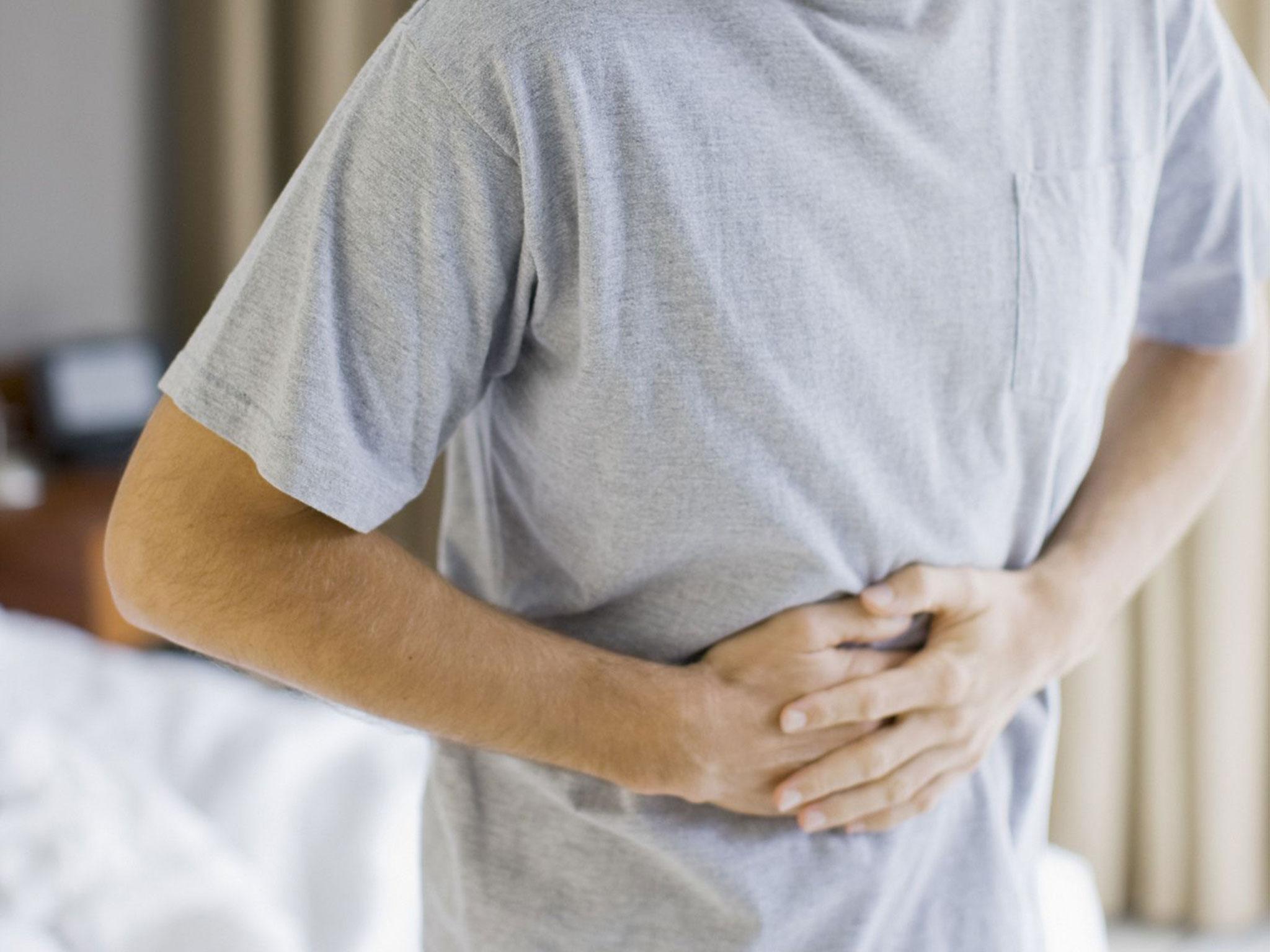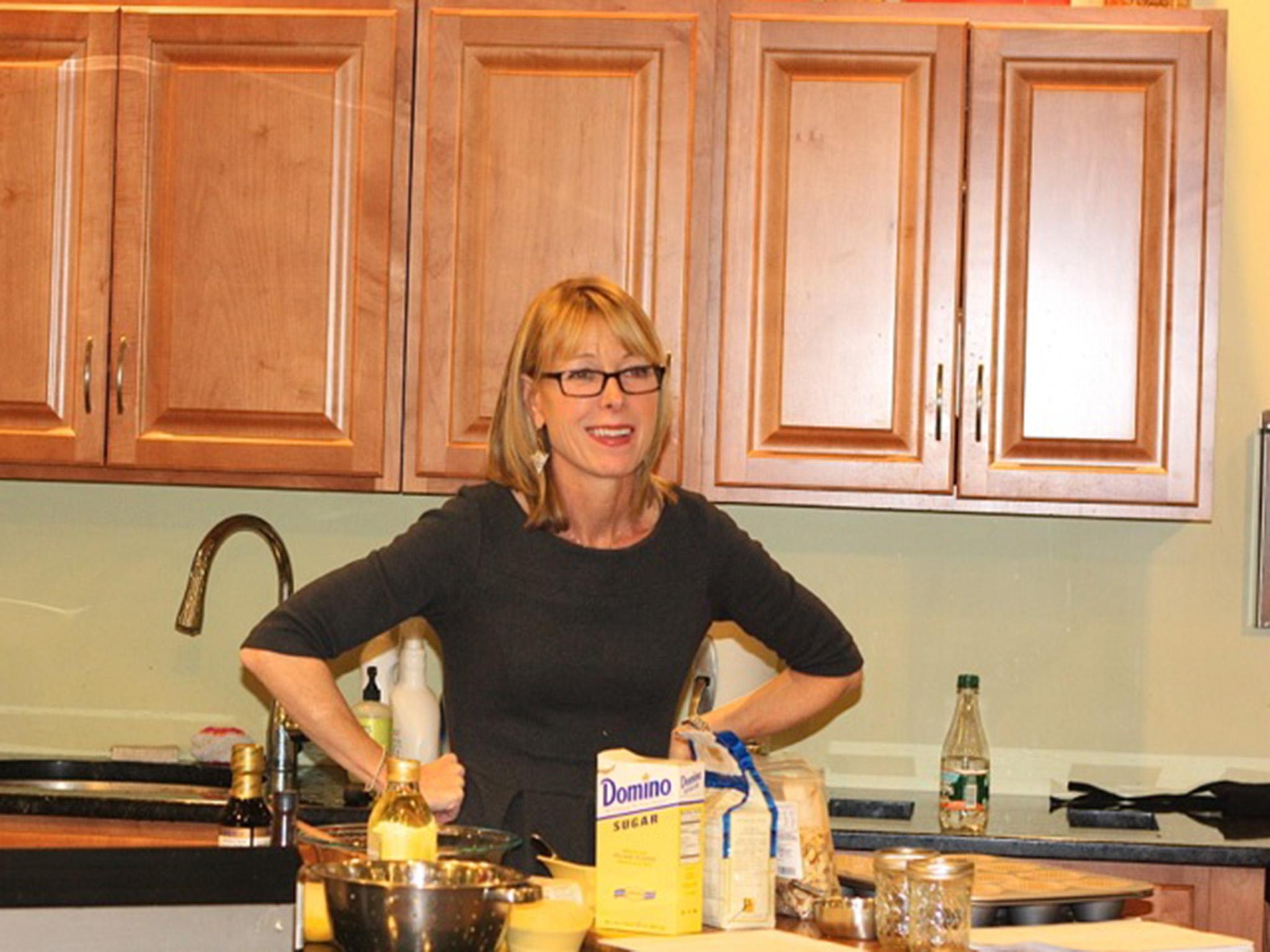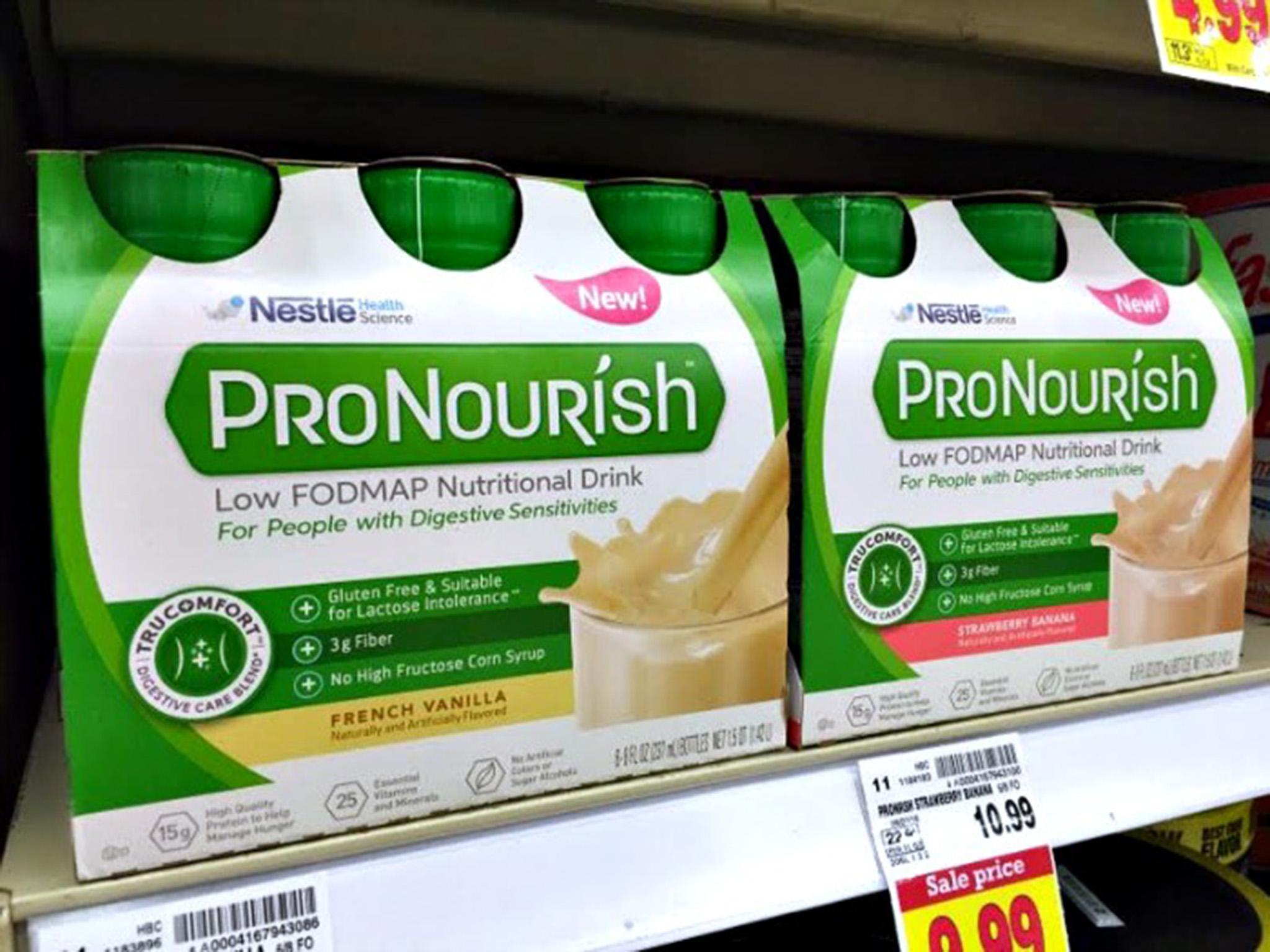How diet really can cure IBS
How a low-FODMAP diet can help the millions tortured by irritable bowel syndrome

Your support helps us to tell the story
From reproductive rights to climate change to Big Tech, The Independent is on the ground when the story is developing. Whether it's investigating the financials of Elon Musk's pro-Trump PAC or producing our latest documentary, 'The A Word', which shines a light on the American women fighting for reproductive rights, we know how important it is to parse out the facts from the messaging.
At such a critical moment in US history, we need reporters on the ground. Your donation allows us to keep sending journalists to speak to both sides of the story.
The Independent is trusted by Americans across the entire political spectrum. And unlike many other quality news outlets, we choose not to lock Americans out of our reporting and analysis with paywalls. We believe quality journalism should be available to everyone, paid for by those who can afford it.
Your support makes all the difference.Anyone who loves scatological humour will find plenty to chuckle about with irritable bowel syndrome (IBS), but for the millions of people doubled over in pain, the condition definitely isn’t funny. Plenty of celebrities would agree: Kurt Cobain famously sang about his IBS-related anaemia, and drinking pennyroyal tea “to distill the life that’s inside of me” on the In Utero album, and he’s not the only musician to address digestive misery in song lyrics. The condition also inspired a rap song by Cam’ron, aptly titled “IBS”: “I got stomach pain, don’t matter sun or rain/Thought that it went away, uh oh, here it come again.”
Two years ago, the Boston dietitian Kate Scarlata stood before a roomful of colleagues at a conference sponsored by the New England Dairy Council and announced that her professional goal was “to make talking about IBS more sexy”. Scarlata has helped hundreds of people who have suffered for years with symptoms like diarrhoea, constipation, bloating, gas and excessive abdominal pain. Many tell her about years of pain, embarrassment and unhelpful doctors’ visits.
Scarlata wants to change that. “Discussions about digestive problems are generally taboo,” she says. “Ironically, when I am at a social gathering and openly talk about what I do for a living, everyone near me seems to lean in and asks questions. Interest in gut health is at an all-time high.”
What Scarlata usually ends up discussing is fermentable oligosaccharides, disaccharides, monosaccharides and polyols (or FODMAPs for short), short-chain carbohydrates that are poorly absorbed by the small intestines. These food molecules trigger symptoms of IBS and some other digestive disorders: malabsorption drags water into the intestines, which causes bloating. Because the food molecules are not properly absorbed, they end up in the large intestines, where bacteria feed on them and produce hydrogen and methane. This whole mess causes the intestines to distend, and the nerves in the intestinal walls send pain signals to the brain.
A diet low in FODMAPs appears to help, and dieticians and physicians have seen remarkable changes when a person with GI symptoms eschews the hundreds of seemingly healthy foods high in FODMAPs, including apples, yogurt, nuts, wholewheat and low-fat dairy products. A recent study found that a low-FODMAP diet provided relief from IBS-related abdominal pain in more than 50 per cent of patients. Corporate food giants are pouncing on this burgeoning food trend; what was once a secret weapon of gastroenterologists and IBS-sufferers is becoming the next healthy-diet craze.

It makes sense to place so much emphasis on dietary changes, since there are only a few prescription medications for IBS, and they are effective for only about 30 per cent of patients. In October, Nestlé unveiled the first of several planned low-FODMAP products. Scarlata says her clients are desperate for such products, especially when they’re beginning the diet and feeling overwhelmed at the prospect of reading countless food labels to check for those short-chain carbs, which are in nearly every commercially produced food.
A low-FODMAP diet entails avoiding foods in the four categories that make up the acronym: oligosaccharides (found in wheat, rye, garlic and onion) and galacto-oligosaccharides (legumes and some nuts, particularly pistachios and cashews); disaccharides, a type of carbohydrate that forms when two sugar molecules join together (lactose from milk, sucrose from pastries and sugar-sweetened drinks, maltose from malted drinks); monosaccharides, or “simple sugars” (honey, dairy and some fruits); and polyols, which are sugar-free sweeteners, also known as sugar alcohols, that include sorbitol, mannitol, maltitol, xylitol and isomalt.
That doesn’t seem to leave many options, especially when eating out in the US. The FODMAP Freedom website for restaurants in Britain and Europe, and for London-based sufferers there is a selection here.
Physicians such as Dr Caterina Oneto, a New York gastroenterologist, use the diet to help patients determine which FODMAPs they can’t tolerate. In the beginning, the dieter has to avoid all foods on the list (there are phone apps to help). After a few weeks of this “elimination diet”, physicians and dieticians will introduce foods from each of the five categories, one at a time. This indicates whether a patient’s symptoms are triggered by, say, the oligosaccharides in onions or the compounds in artificial sweeteners.

“What you want to achieve is initial improvement by restricting the diet,” says Oneto, “but after that, you should do food tests to liberalise the diet as much as possible.” In the end, the hope is that IBS sufferers won’t feel completely deprived.
A US survey of 3,200 IBS patients in 2015 found they missed, on average, two days of work or school each month and reported at least nine days a month in which their condition affected productivity. Nearly half were willing to live without the internet, 40 per cent said they’d skip sex and 55 per cent would stop consuming caffeine in return for less time on the toilet.
Many reported embarrassment and shame, and more than a third said they avoid situations where a bathroom may not be accessible. IBS sufferers also complain that their symptoms aren’t taken seriously, even by physicians. For years, many people labelled IBS as a psychosomatic condition, churning a lot of profit for the pharmaceutical industry.

New research reinforces the idea that that IBS isn’t all in the mind, however – IBS emerges in part, it seems, because of an imbalance of a person’s microbiome, the ecosystem of “good” bacteria in the gut and elsewhere. When that delicate balance is thrown out of whack because of illness or the wrong food choices, IBS and food sensitivities may emerge.
In 2007, Dannon (known as Danone in Europe) put actress Jamie Lee Curtis on television to promote Activia, a new yogurt guaranteed to improve bathroom regularity because it contained beneficial bacteria known as probiotics. The campaign made some stomachs turn, evident by a memorable Saturday Night Live sketch in which Curtis, played by Kristen Wiig, informs her commercial director that she’s lost control of her bowels after OD-ing on the yogurt.
Activia helped start a public conversation about the microbiome, and the food and supplement industry ate it up. Consumers are now obsessed with a well-balanced gut, and this has grown into a multibillion-dollar industry. Companies are adding probiotics to all kinds of products, including cereal, cookies and candy. Legally, they can’t claim that eating probiotic granola will alter your gut, but the buzzword is enough to convince many that food is healthy, even if it’s not.

The same can be said about a gluten, once-little-known protein that naturally occurs in grains and can destroy the digestive system of only about 1 per cent of the world’s population. The food industry has managed to position gluten-free as simply a healthier way to eat, even though gluten is well-tolerated by most people.
The explosion of the gluten-free market is partly due to self-diagnosis, a phenomenon that also will probably drive the sales of low-FODMAP products, says Christine Couvelier, president of Culinary Concierge, a company that tracks global food trends. She predicts that the low-FODMAP diet will develop broad appeal as more of these products are introduced into the marketplace. Advertisers will work hard to convince consumers that FODMAP is just another way of saying “healthy”. “If the food tastes great,” Couvelier says, “then consumers will not feel they’re being deprived.”
© Newsweek
Join our commenting forum
Join thought-provoking conversations, follow other Independent readers and see their replies
Comments